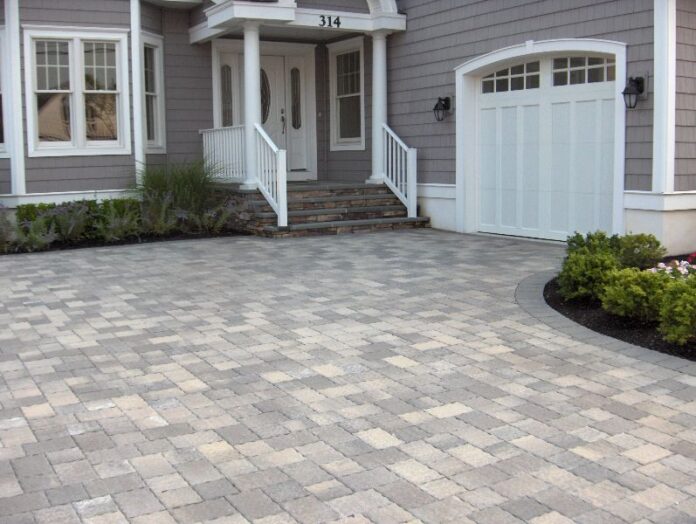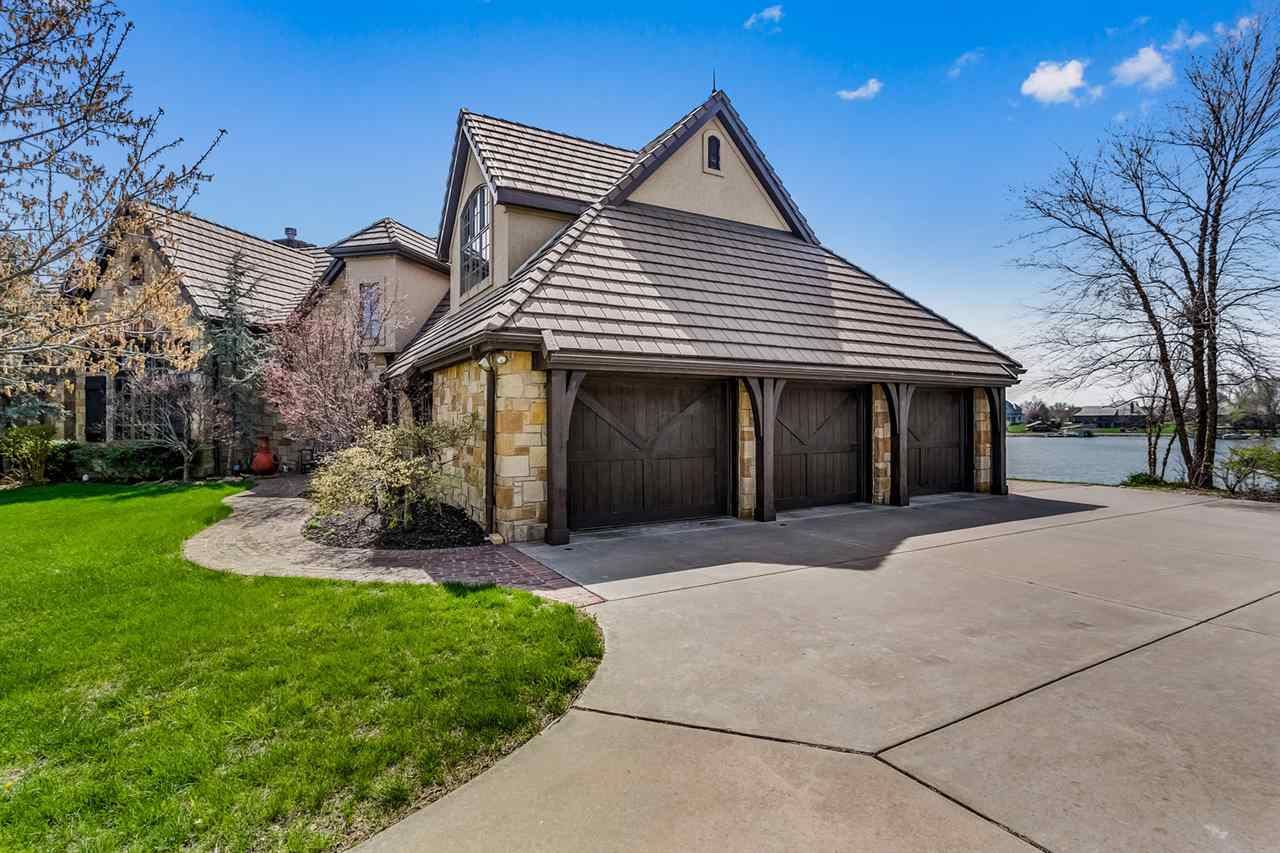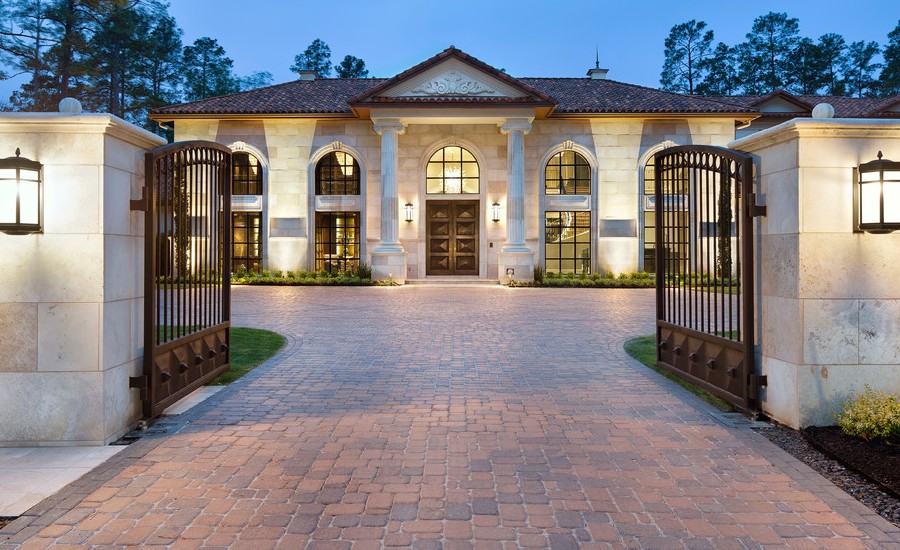Your driveway is one of the first elements of contact with your house. And a good driveway design not only adds an appeal to your home but also adds to its value. But notably, the design needs to be appreciative and enhancing for your home. On the contrary, a flawed design can even dip your property’s resale value. And you wouldn’t want that, no matter what.
So, before you start digging and installing tiles and gravel, it is better to familiarize yourself with what goes into a driveway design. Of course, installing the gravel and tiles is one of the many tasks, but notably, not the only one.
Here are a few facts to consider when designing your driveway:
How much can it cost you?
The very first and most obvious question that must come to your mind is the cost. The experts at Walsh Landscaping explain that the cost is the most significant factor that would decide all other design elements. For instance, if you’re planning to install concrete tiles the cost could be sky-high, whereas, gravel won’t cost you much. Likewise, if you’re considering installing pavement lights on your driveway, it would also add up to the cost of designing.
Usually, the cost of building your driveway should cost you around £ 20 per square feet. However, this number is only the cost of construction. If you involve a designer or a landscaping service, the cost may rise up to £ 35 per square feet.
So, whether you’re redesigning your driveway or building it from scratch, you should consider the costs of material, contractor fees, and also, the area to be designed.
What size driveway do you need?
This one’s a little tricky since there are rules and regulations governing the minimum size of the driveway. You would need to consult with your local estate authorities to confirm these rules and regulations.
Nevertheless, if you own a car it is suggested that you design your driveway to be at least 3m wide. But, if you plan to park more than one car you should think of more space.
It needs no mention that the size of your driveway would affect its cost. And not just that, you would also need to put in more effort for its maintenance and upkeep.
Which material would suit the best?
The next factor that can make a difference is the choice of material you use. For example, gravel, concrete, tiles, asphalt, and wood are some of the usual options for constructing driveways. And notably, all these materials bring along their intrinsic properties.
For example, concrete, asphalt and tiles are very effective in protection against water damage. Whereas, wood is soft and elegant.
In short, the choice of material should not only depend on your budget but also on your requirement. If you own a house in areas where heavy regular showers are normal, you should consider asphalt or concrete. Likewise, if you’re planning to spare a covered pavement, wood can be a great addition.
How to plan for drainage?
Another crucial aspect of driveway designing is proper drainage. You wouldn’t want your driveway to be waterlogged after every pour. Neither is it good for your driveway nor for your home.
A good idea is to create drainage lines alongside the corners. Besides, you would also need to incline the floor by half a degree to allow the water flow to the drains, naturally.
When planning the drainage, you would also need to ensure that it is well covered to prevent any debris from entering it. Debris can clog the drainage system, and in some cases can also damage the inner lining of the drainage lines. You can install corrugated covers to prevent it from entering the drains.
Designing a driveway is a lot easier said than done. It is not at all just the layering of the pavement, anymore. Professional landscapers explain how design elements and the material correlate in creating a sustainable driveway.
It is rather the best move that anyone could suggest to have consulted with a professional landscaper. In addition to helping you decide the design, these professionals can even help you cut the cost. After all, the professionals have the experience that speaks for them. They not only desire to create but also save you in every possible way they can.
You can even ask a consultant to share an estimate of the project before you hire anyone. Having all the details in your hand would help you compare and make the purchase with the best service provider, and that too within your budget.




















